There’s just 10 short days until the Winter Solstice, when days slowly begin to lengthen, heralding the approach of spring and gardens soon to burst back into life.
We’re poised, brimming with anticipation, dreaming of the daffodils poking their heads through the current carpet of frost outside!
Whilst our team are still busy mulching beds and preparing plants to get through the winter, the colder months offer the opportunity to get ahead with plans for making the most of every garden throughout the most productive half of the year. If like us, you love a plate full of unbeatably fresh fruit and vegetables, grown in your own garden, then what better time to snuggle up in front of the fire and start plotting out a plan to make the most of your vegetable patch this growing season? The joy of watching carefully nurtured seeds grow into edible treats is hard to beat. The mouth-watering flavours and vast diversity of varieties compared to shop-bought is incomparable.
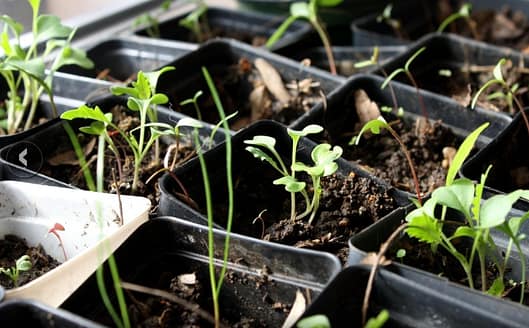
A practical place to start, when mulling over what to plant, is to keep track of what you put in your shopping basket. If you are aiming to be as self-sufficient as possible, this will give you an idea of which vegetables to plant and how much you’ll need to plant to keep your larder burgeoning. It also means you won’t be wasting space with anything that won’t be eaten. Make sure that you include the flavours that give you the most pleasure because if you’re not salivating with anticipation on the way to the veg patch, then something is amiss.
If you only have a small area or a even just a spare windowsill, it’s still possible to grow your own culinary delights…start with herbs! These botanical beauties are a great way to add flavour to an array of your favourite dishes and many take little care or nurturing. Perennial herbs such as rosemary, sage and thyme not only taste great, but also grow well in pots on the windowsill, providing year-round scrumptiousness to hum-drum repasts.
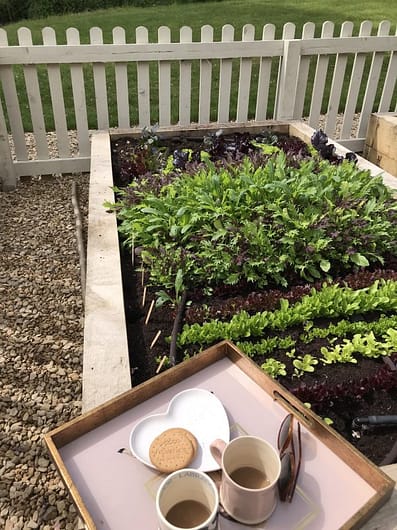
Most of the vegetables that we choose to grow are annuals, thus you have to be fastidious about the timing of planting. Too early and you increase the chances of stunted growth, wilting, surface pitting, foliage necrosis and disease; too late and they won’t have time to fulfil their potential before the temperature drops. If you’re looking to feed your family throughout the growing season making a thorough list of planting and harvesting times is imperative to ensure that you have a clear plan to follow. Think about succession planting. Planned planting in this way prevents you ending up with one big glut, which will have you madly searching out granny’s old pickling recipes or worst still, finds the results of your nurturing filling up your compost bins.
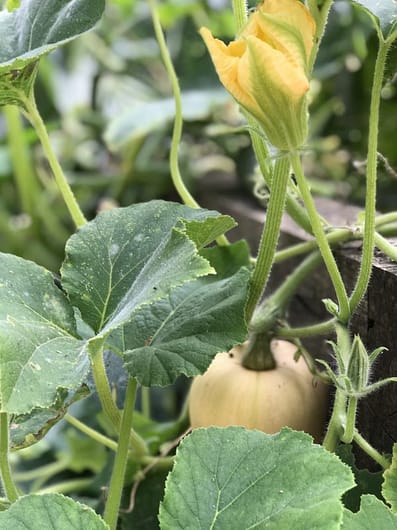
Succession planting takes some thought, preparation and effort, but will give you a wider range of vegetables to choose from throughout the growing season. In essence, you need to stagger the planting process to ensure a steady stream of vegetables for the table. A good example of this is lettuce, the flavour and crispness of homegrown lettuce is incomparable, but it has a brief window of picking, so plant frequently and sparingly to ensure that you have fresh garden salad for all occasions. Barbeques may feel like a distant memory now, but just imagine your family gathered around the barbeque filled to the brim with homegrown corn-on-the-cob, courgettes accompanied by a mouth-watering garden salad, that is what it is all about!
When making your wish-list remember to think about how much of a payoff you will get from each plant. Produce like cauliflower gives you one long awaited meal whereas courgettes are the gift that keeps on giving. Both have their advantages, but if you are short of space repeated harvests will give you more return.
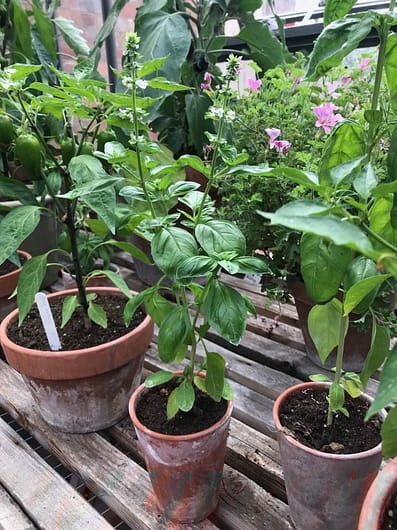
Deciding between growing vegetables with a shorter picking window or the longer lasting staples is down to personal preference. Do you want the immediate gratification of eating mostly, fresh from the garden or do you want to include some produce that will last into the winter months. Root vegetables such as carrots, onions and garlic can last long into the winter months, if stored properly, but are readily available at local farmers markets, whereas cucamelons and purple sprouting broccoli are perhaps less readily available, though they have a shorter lifespan.
As with all plants, each vegetable requires a specific growing environment and here good research is the key to success. Knowing whether they should be planted straight into the ground or in a greenhouse, if they need to be in full sun or part shade or if they require a lot of water or well drained soil is the difference between having a thriving crop or somewhat lacklustre yields.
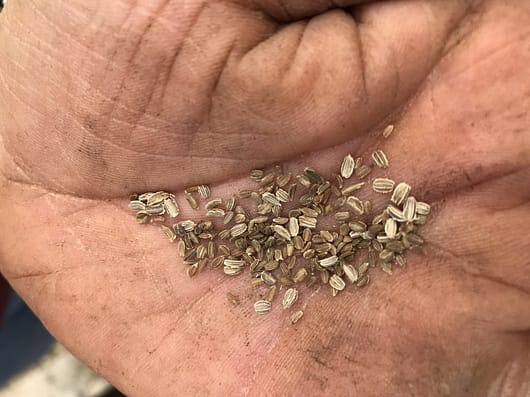
A common mistake for first-time growers is not labelling your seedlings, however assuming that you will remember what you planted (and where) is a mistake you will only make once. Not only does it make it more complicated to weed around your mystery seedling without pulling them up by mistake, it is also surprisingly difficult to tell them apart when they are small. That is unless you like a surprise!
The winter is the perfect time to think about getting any hard landscaping projects complete before your garden springs back into life. For example, greenhouses are a handy addition to any garden and are especially useful when it comes to growing vegetables. By increasing the temperature plants that would otherwise struggle in our British climate, such as tomatoes and chillies, have a chance to flourish. Importantly, they also give you the opportunity to start the growing season earlier than you would otherwise be able to as they will protect your seedlings from unseasonably late frosts and cold snaps. If you are growing perennials in pots you can use the extra space to protect them rather than filling your house up, leaving more space for your Christmas tree!
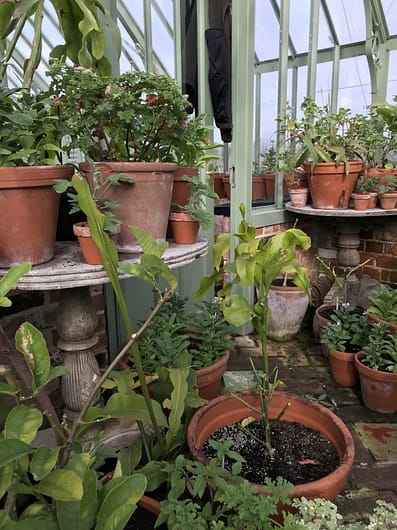
If the idea of homegrown vegetables on your table inspires you, but time is just too tight, then our Garden Maintenance team are on hand to help. With their expert knowledge, they can take care of your Kitchen Garden all-year-round, ensuring a succession of sumptuous salads and lovely legumes fill your kitchen table.
To talk to us about how we help you create or develop a productive garden, please click for contact details.


